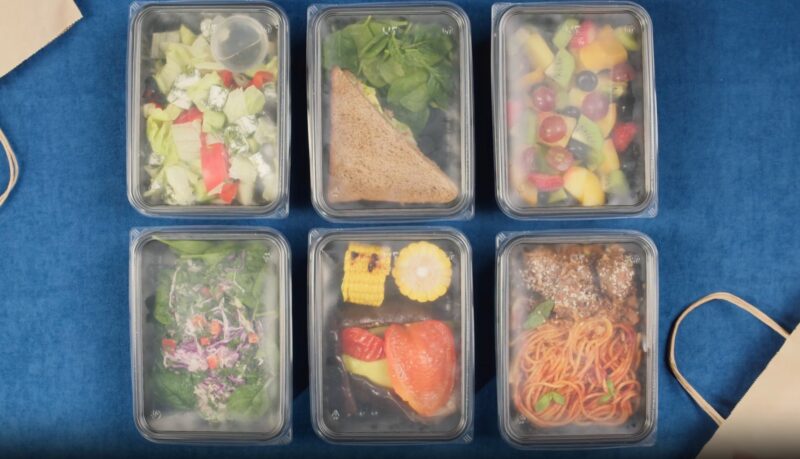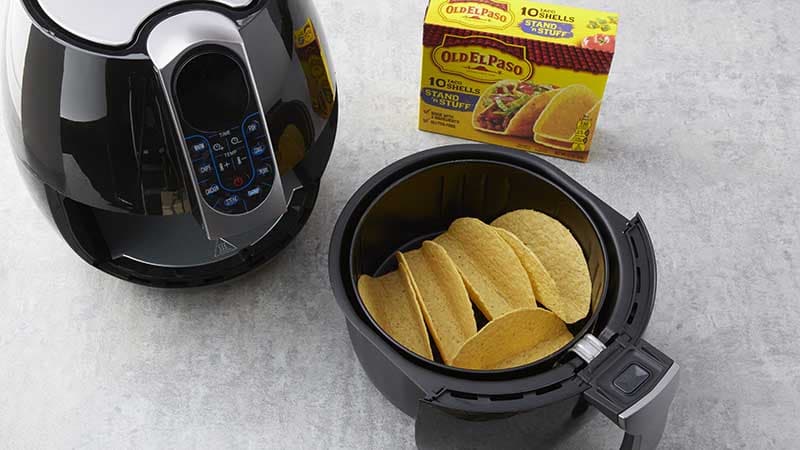
Nutrition is the cornerstone of athletic performance. It’s the fuel that powers the engines of athletes, enabling them to push harder, recover faster, and achieve their best. This article zeroes in on crafting meals that not only satisfy hunger but also enhance athletic prowess.
Table of Contents
ToggleBalanced Macronutrient Intake
The secret sauce to your training regimen is a well-balanced macronutrient intake. Carbs, proteins, and fats are the trio that will keep your engine running. Carbohydrates are your go-to for quick energy, proteins are the building blocks for muscle repair, and fats keep you going for the long haul.
To learn more about how to strike the right balance, it’s key to understand the unique roles each macronutrient plays.
The ratio of these macronutrients should be tailored to your training demands. For high-octane performance, carbs are king. If you’re clocking in hours of training, you might need up to 12 g/kg of your body weight in carbs each day.
Protein is next in line, with recommendations swinging between 1.2 to 2 g/kg per day to patch up those muscles after a grueling workout. And let’s not sideline fats—they’re crucial for sustained energy.
Timing Matters

The timing of nutrient intake can be as crucial as the nutrients themselves. Eating the right foods at the right time can optimize energy levels and enhance recovery.
A pre-workout meal should be rich in carbohydrates to fill up glycogen stores, while post-workout nutrition should combine proteins and carbs to aid in muscle recovery. Strategies for meal timing are tailored to individual needs, ensuring that athletes are fueled for both training and competition.
Hydration Essentials
Hydration is another critical aspect of an athlete’s diet. Adequate fluid intake is necessary to maintain performance and prevent the detrimental effects of dehydration, which can include decreased strength, endurance, and cognitive function.
Athletes should drink fluids before, during, and after exercise, with an emphasis on water and sometimes electrolyte-replenishing beverages for longer durations or high-intensity sessions.
As you prioritize nutrition for optimal athletic performance, consider exploring a 7-day meal plan that seamlessly combines the principles of vegetarian keto eating, complementing the valuable insights shared in our guide on crafting athlete-friendly meals.
Micronutrients for Peak Performance
While macronutrients may grab the headlines, vitamins and minerals are the unsung heroes of an athlete’s diet. These micronutrients support a myriad of bodily functions, including energy production, bone health, and immunity.
Iron, calcium, and vitamin D are particularly important for athletes. Foods like leafy greens, dairy, and fish are excellent sources, though some athletes may require supplementation to meet their heightened needs.
Nutrient-Dense Food Choices

When it comes to fueling the body for athletic endeavors, the emphasis is on whole, nutrient-dense foods. These powerhouses pack more nutrients per calorie, meaning athletes can nourish their bodies without unnecessary bulk.
Think of it like premium fuel for a high-performance engine. Fruits, vegetables, and whole grains come loaded with essential vitamins, minerals, and fiber, which are crucial for maintaining energy levels and overall health.
The benefits of these foods are numerous. They help with everything from reducing inflammation to boosting recovery times. And let’s not forget the importance of variety.
A colorful plate isn’t just visually appealing; it ensures a range of nutrients. For snacks on the go, nuts, seeds, and fresh fruit are excellent choices. They’re easy to pack, and their nutrient profile is through the roof.
After a rigorous workout, it’s essential to prioritize proper nutrition, and considering the ideal post-exercise meals can significantly contribute to crafting athlete-friendly menus, as explored in our comprehensive guide.
Special Dietary Considerations
Athletes’ dietary needs can vary significantly depending on their sport and training demands. Endurance athletes, for instance, might lean more heavily on carbohydrates for sustained energy, while those in strength training might focus on protein for muscle repair and growth.
And then there are dietary restrictions to consider, whether by choice, like vegetarianism, or necessity, like gluten intolerance.
Navigating these needs doesn’t have to be a solo journey. Consulting with a dietitian can help tailor a plan that meets both the nutritional requirements and the personal circumstances of the athlete. It’s about finding balance and ensuring that the body gets what it needs to perform at its best, regardless of dietary restrictions.
Meal Planning and Preparation
Meal planning is a strategic approach to nutrition that can make a significant difference in an athlete’s performance. It’s about knowing what to eat and when to eat it. Portion control is also part of the equation, ensuring that the body gets the right amount of fuel without overdoing it.
And let’s not overlook the convenience factor. Preparing meals in advance can save time and reduce the temptation to grab less healthy options when hunger strikes.
For busy athletes, meal prep is a game-changer. It simplifies decision-making and helps maintain a consistent diet, even on the go. It can be as simple as cooking in bulk and portioning out meals for the week. This foresight ensures that even when life gets hectic, nutrition doesn’t take a backseat.
Supplements: When and Why

Supplements can play a role in an athlete’s nutritional strategy, but they’re not a substitute for a well-rounded diet. They should be used judiciously, to fill in the gaps where diet alone might fall short.
Common supplements include protein powders, creatine, and branched-chain amino acids (BCAAs), each with its own specific benefits, from muscle repair to energy production.
However, it’s essential to approach supplements with a critical eye. Not all are created equal, and some can do more harm than good. Athletes should seek professional advice and opt for products that are third-party tested for quality and purity. Remember, supplements are an addition to, not a replacement for, real food.
As you focus on optimizing your meals for peak athletic performance, discover essential cooking techniques, including mastering the art of preparing a savory steak at home, in order to elevate your nutrition game.
Monitoring and Adjusting
The final piece of the nutrition puzzle is tracking and adjusting. Monitoring dietary intake, along with energy levels and performance, can provide valuable insights. It’s about connecting the dots between what you eat and how you perform. This data can then inform any necessary adjustments to the diet to ensure it’s supporting the athlete’s goals.
Adjustments might be needed for a variety of reasons, from changes in training intensity to shifts in body composition goals. It’s a continuous process, a cycle of refinement that helps athletes stay at the top of their game. And it’s not just about physical performance; it’s about overall health and well-being.
Conclusion
Crafting athlete-friendly meals is both an art and a science. It’s about more than just calories and macros; it’s about quality, timing, and personalization.
By focusing on nutrient-dense foods, considering individual dietary needs, and being strategic with meal planning and supplements, athletes can create a nutrition plan that fuels their performance and supports their health. Remember, good nutrition is a key player in the quest for athletic excellence.
Related Posts:














